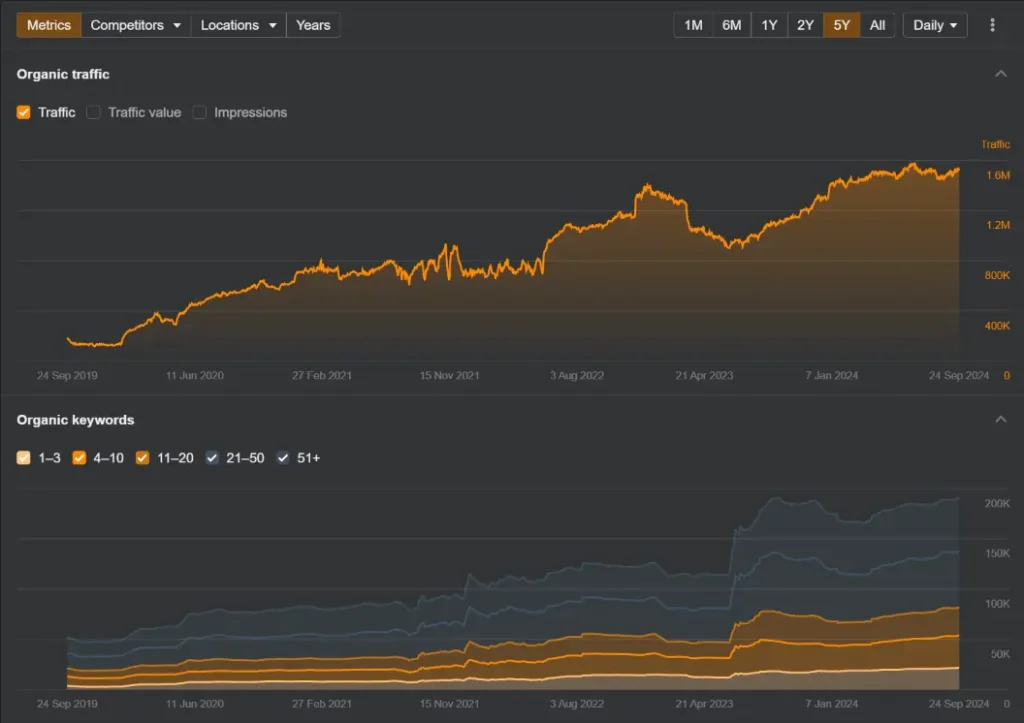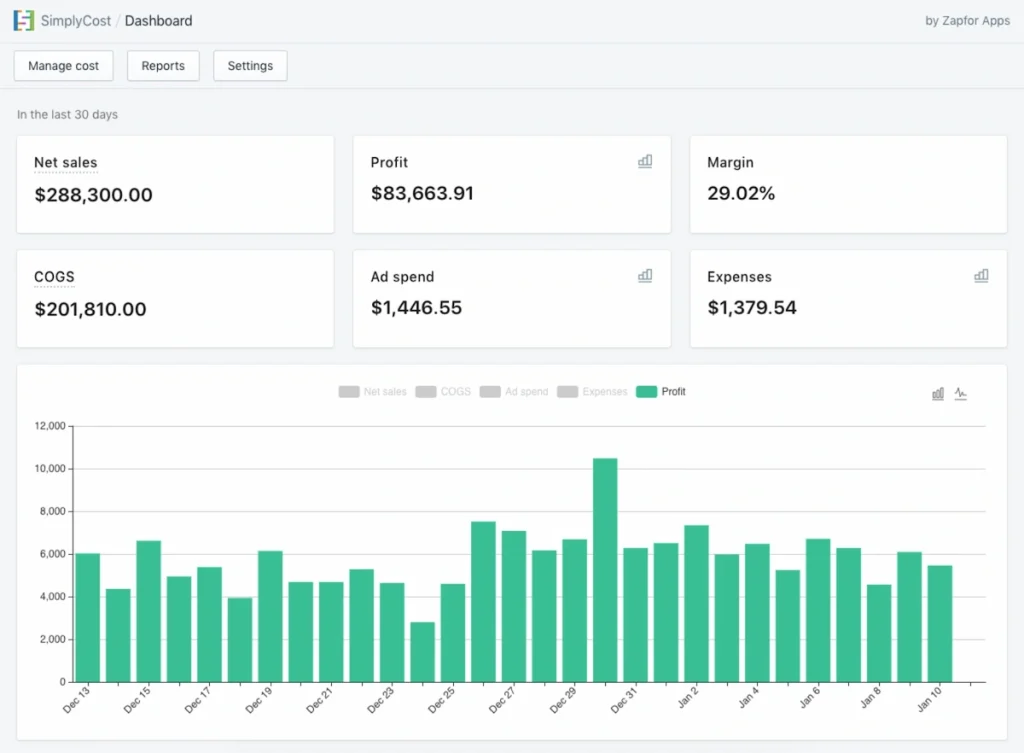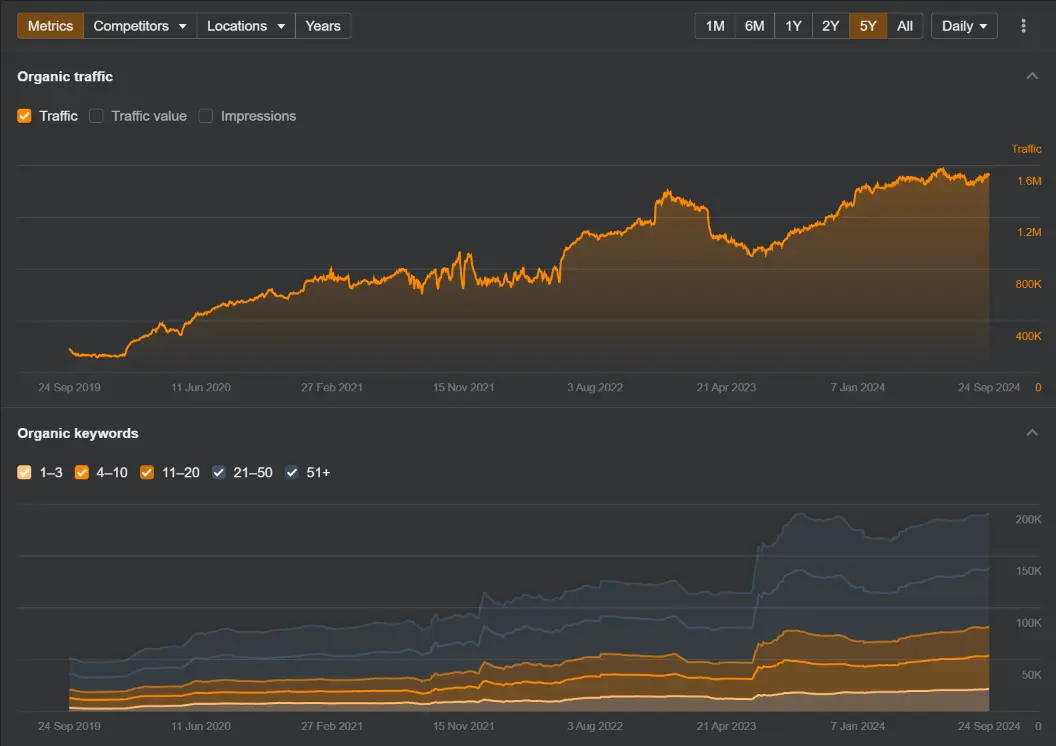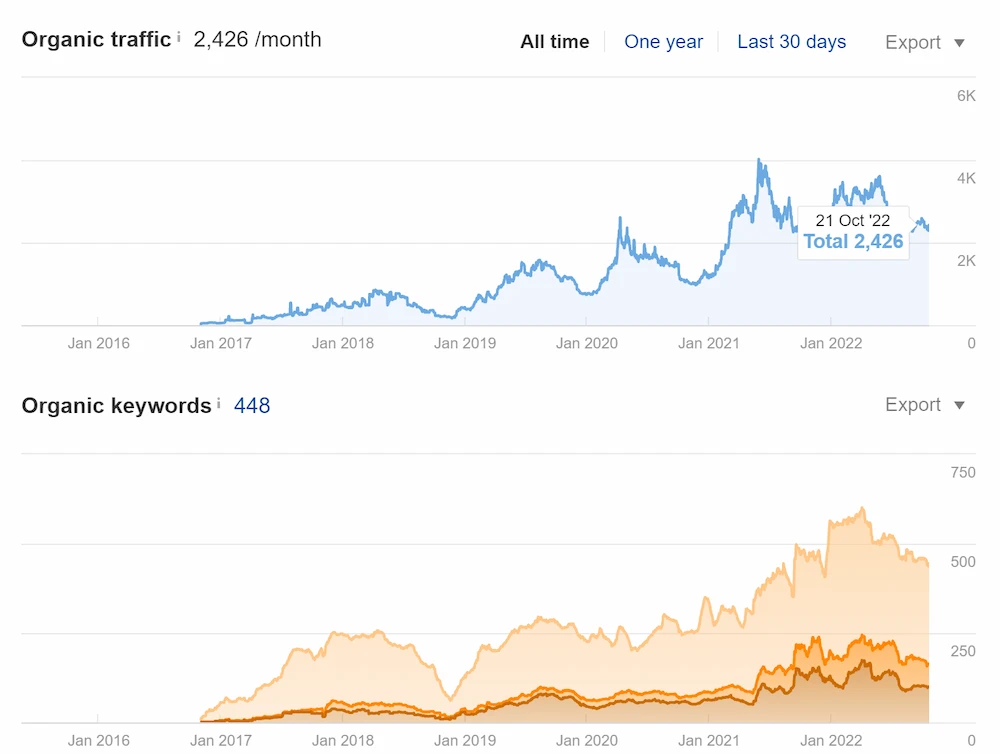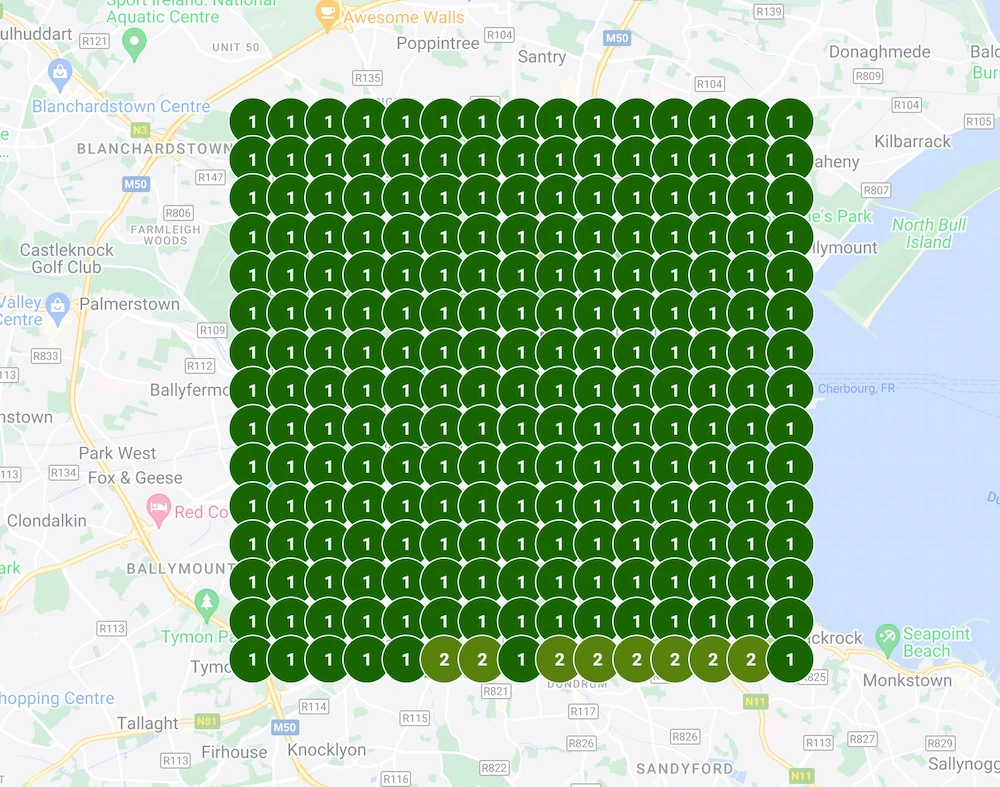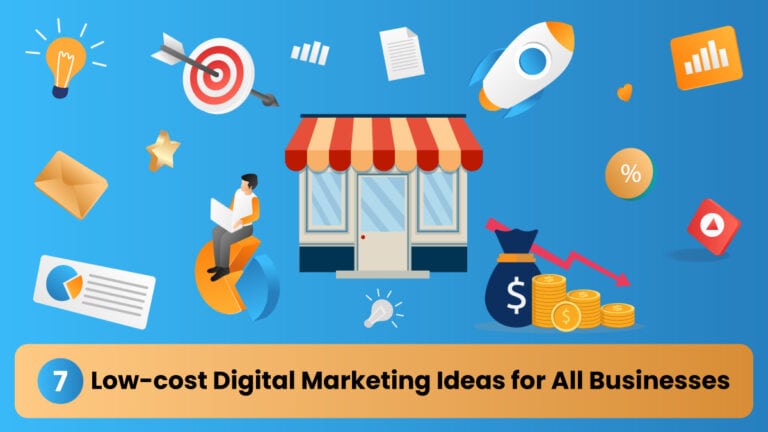Website Structure
Website Structure
A clear layout also makes it easier for search engines to index the site.
This means more people can find it online.
If the website structure is confusing, customers may leave without buying anything.
A good website structure can lead to better sales and happy customers.
The way a website is set up affects how well an eCommerce business does.
A clear structure makes it easier for users and search engines to find their way around.
This helps users have a better experience.
It also helps search engines see and list the pages better.
A clear structure helps a website do better in search results.
It also helps solve problems like broken links and duplicate content.
These issues can hurt how well an eCommerce site works.
This results in more sales and loyal customers.
Search engines like sites that are well-organized.
A good structure also helps to sort products better.
As a result, customers can find what they want more easily.
This can lower bounce rates and keep people on the site longer.
Google and other search engines look at how a website is set up when deciding where to rank it.
A simple structure shows the connection between different pages.
This can lead to better visibility for important products and categories.
On-Page SEO
On-Page SEO
On-page SEO for e-commerce stores is the practice of improving individual web pages.
It helps these pages rank better on search engines.
Applying on-page SEO to an eCommerce website can bring several benefits.
- Better Page Titles: A good title helps visitors and search engines understand what the page is about.
- Speed Optimization: Fast-loading pages keep users happy. A quick website can lead to more sales.
- Good Content: Clear and useful content helps visitors learn and feel confident about buying.
- Mobile-Friendly: A website that works well on phones attracts more shoppers.
- Meta Tags: These give search engines a summary of the page. They help the site appear in searches.
By applying On-Page SEO, e-commerce websites can get more traffic and boost sales.
On-page SEO enhances every part of an eCommerce website.
This helps make the site more visible and boosts sales.
It looks at things like product descriptions, meta tags, headers, internal linking, and how the content is organized.
This method boosts search engine rankings and makes the user experience better, which leads to more conversions.
Good keyword research finds the best words for a specific topic.
These words are added smoothly to the content.
This plan helps to boost search engine rankings and makes the user experience better.
It helps to boost sales and support business growth.
On-page SEO is very important for making an eCommerce website more competitive.
It helps upgrade how a site ranks on search engines.
Things like good product descriptions, proper tags, and easy navigation matter.
With better On-Page SEO, an e-commerce website can stand out from the competition, drawing in more customers and keeping them engaged.
In today’s online world, having strong On-page SEO is key to success for any e-commerce website.
When you improve all parts, like product descriptions and meta tags, your site becomes easier to find in search engine results.
Technical SEO for Ecommerce
Technical SEO for Ecommerce
- A fast website is crucial. It should load quickly for visitors.
- A mobile-friendly design is needed. Many people shop on their phones.
- You need a clear site structure. This helps users find what they want easily.
- Proper URLs matter. They should be simple and meaningful.
- Use secure HTTPS. This keeps users’ information safe.
- Include XML sitemaps. These help search engines read your site.
- Use canonical tags to avoid duplicate content.
- Fix any broken links. This improves navigation and user experience.
- Ensure proper schema. These tags help search engines understand your site better.
- Pages should have unique and effective titles and meta descriptions. This helps attract clicks.
Fast-loading pages, mobile-friendly design, clear site structure, good site architecture, and effective internal links are very important for eCommerce technical SEO.
- Fast-loading pages make your user experience better and help you rank higher in search results.
- Mobile optimization is important for many people shopping on their phones.
- Applying structured data helps search engines understand your content. This can lead to more rich snippets in search results.
A good site layout helps potential customers find products easily.
Strong internal links make it easier to navigate and move through the eCommerce store.
- Fix common technical issues, such as broken links and duplicate content.
- These problems can lower your site's performance and visibility.
By paying attention to these elements, an eCommerce site can get noticed more in search engines.
This helps to gain organic traffic and boost conversions.
Technical SEO is very important for eCommerce success in the tough online market today.
Content Creation for Online Store
Content Creation for Online Store
By creating useful and engaging content, images, or videos, you can connect with your audience.
This can lead to more sales and a stronger brand presence online.
In short, having great content is key to helping your online store grow and reach more customers.
Content creation is important for making an online store more visible.
It helps you connect with your target audience and improves your search rankings.
Effective content includes product descriptions, blog posts, and category pages.
These parts use relevant keywords. This helps to improve search visibility.
Good content matches the brand's voice and fits well with the web design.
This way, it improves user experience.
It also makes people stay on the site longer and helps boost conversions.
Tailored content connects with potential customers and helps improve how a website performs in search results.
Product Page Optimization
Product Page Optimization
We improve product pages by doing careful keyword research.
- Use clear titles and descriptions that explain what the product is and why it's good.
- Add high-quality photos from different angles to show the product.
- Highlight any special features or benefits to grab attention.
- Use customer reviews or testimonials to build trust.
- Make sure the page loads fast and is easy to navigate.
- Offer clear prices and shipping information so people feel confident to buy.
- Optimize the page for search engines so more people can find it easily.
We also enhance meta tags and use structured data.
Webjuice's SEO package looks at your niche.
It aims to reach the right search terms that potential customers use.
Rich snippets make products look more attractive in search results.
This helps create a smooth user experience.
We also work on internal linking and fix broken links.
This will help boost site performance.
We plan to create interesting content for your product pages.
This plan turns product pages into strong sales tools.
They attract more visitors and turn them into loyal customers.
Category Page Optimization
Category page optimization
Key strategies include:
- Use content with important keywords and tags.
- Aim for the right search terms in your descriptions and titles.
- Use structured data to improve the appearance of search results.
- This can help create rich snippets.
- Rich snippets give more information to users.
- They may include things like reviews and ratings.
- Adding this data can encourage more people to click on your links.
Improve site architecture for easy navigation.
- Make images better and use links within your website to connect similar products.
- Check performance numbers and adjust plans as needed.
These techniques help bring in organic traffic to your transactional pages which are category and collection pages.
The outcome is a better online presence and noticeable sales growth for your eCommerce business.
Blog Optimization
Blog Optimization
The complete blog plan helps your eCommerce site get noticed attract more people and target long-tail keywords.
Internal links help readers find related content and connect with your transactional pages – categories, and products.
This makes it easier to navigate the site and boosts SEO performance.
We plan to increase organic traffic and position your brand as a top leader in the industry.
Keyword Research And Targeting
Blog Optimization
Keyword research and targeting in eCommerce SEO is about finding the right words people use when searching for products.
It helps online stores appear in search results.
By applying these keywords, businesses can connect better with customers.
This process makes sure that the right products reach the right people.
It is an important step for increasing sales and visibility in the online market.
Keyword research and targeting are very important parts of eCommerce SEO.
They mean looking for and using certain words and phrases that potential customers use when they search for products online.
The process begins with careful research.
This means looking at search trends and how competitors work.
The goal is to find relevant keywords for your products.
After that, these keywords go into product listings, meta tags, and descriptions.
Effective keyword targeting helps more people see your store online.
It brings in more visitors. It also helps your search engine rankings.
This makes it simpler for customers to find your products.
Long-tail keywords are very helpful to find easy opportunities.
They are specific phrases that bring in the right visitors.
This often leads to more people taking action.
Structured data helps make products easier to find in search results.
Internal Linking
Internal Linking
Internal linking is when you connect one page of your website to another page on the same site. with topical flow.
This practice is important for SEO, which stands for Search Engine Optimization.
It helps search engines understand the structure of your website.
It also makes it easier for visitors to find more content.
A good internal linking strategy can improve your site's visibility.
This can lead to more traffic and a better user experience.
Internal linking means linking related pages on a website with clickable text.
This practice is important for SEO. It helps users find their way around the site easily.
It also helps search engines understand how the site is organized.
Google and other search engines use these links to find new pages and see how important they are.
Internal links help visitors move through your content.
They make it easier to find information and products that match their needs.
This better navigation keeps users on your site for a longer time.
It also lowers bounce rates and raises engagement.
Internal linking helps search engines to crawl and index your website.
It shows them how your pages connect to each other.
This can help improve your leads.
- Businesses can create a strong internal linking strategy by first identifying key pages on their website.
- They should link these important pages to each other to boost navigation.
- It helps visitors find related content more easily.
- A good practice is to use clear and descriptive text as link text.
- Businesses can also track which links work best using analytics tools.
- Regularly updating links is important as content changes.
- This will keep the website organized and user-friendly.
- Look at the links you already have and find any missing ones.
- Build a clear order for the pages on your site.
- Connect related content and give important pages more internal links.
- This method helps improve page authority and raises the chances of making conversions.
Topical Link Building
Topical Link Building
Topical backlinks are links from websites that are related to your topic.
When your website gets links from relevant sites, it shows search engines that your content is valuable.
This can bring in more visitors and boost your online presence.
These backlinks tell search engines like Google that your site is reliable..
We make tailored outreach plans for these sites.
This can help increase your conversion rates and grow your business.
They make your eCommerce store look like a trustworthy resource in your industry.
We regularly check and update your backlink strategy.
This will help us keep up with changes in algorithms and trends in the industry.
User experience
User experience
Some important factors are how fast the site is, how well it works on mobile, and how easy it is to navigate.
These things help keep visitors interested and raise the chances that they will buy.
Addressing broken links and cutting down on duplicate content helps reduce user frustration.
A well-organised site structure and good internal linking direct customers in a clear shopping path.
This makes the shopping experience more enjoyable and efficient.
Structured data helps make product listings look better in search results.
Keeping an eye on these listings and making strategy changes is important.
This way, you can stay up to date with the latest SEO trends and changes in algorithms.
A good user experience draws in visitors and turns them into loyal customers.
Google likes websites that offer great user experiences.
This close relationship between UX and SEO helps bring in more visitors, increases engagement, and boosts revenue for eCommerce businesses.

